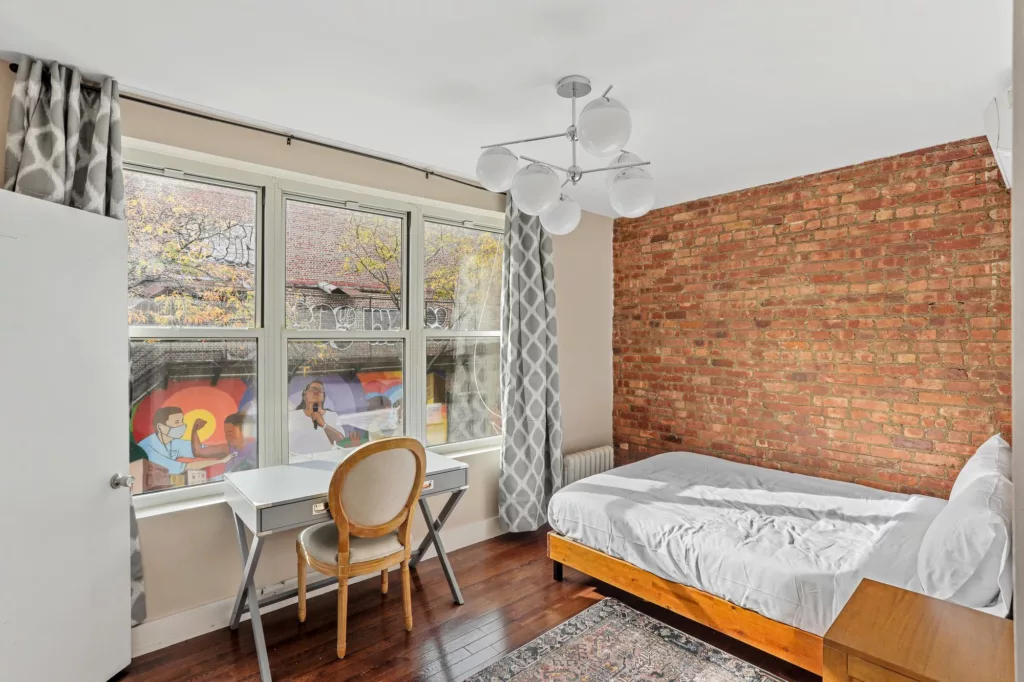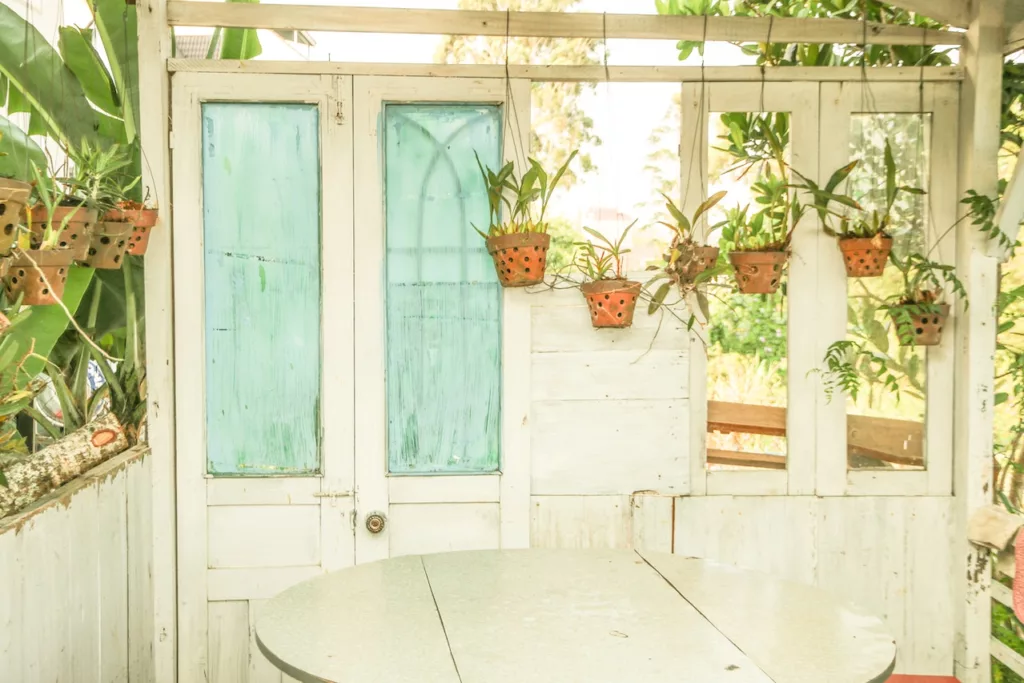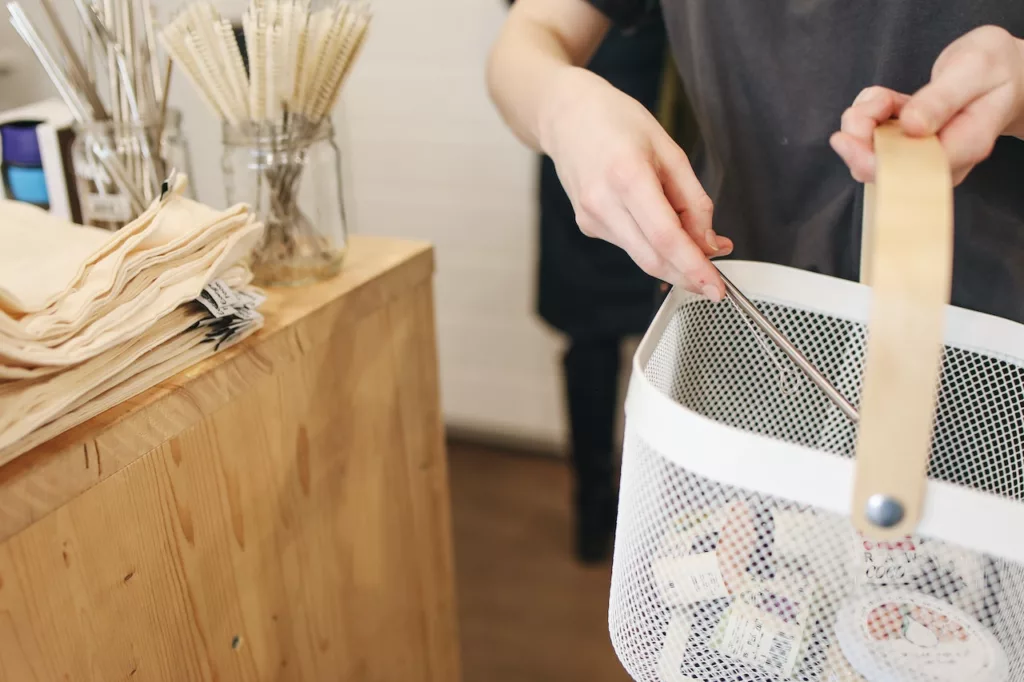
Estimated reading time: 7 minutes
Renters occupy more than 44 million households in the US. But living in an apartment doesn’t mean you can’t live sustainably.
Even when renting, environmentally-friendly choices can make a big difference. From reducing energy and water consumption to making mindful purchasing decisions, here are tips to make your apartment lifestyle more sustainable.
- Find the Right Location
- Rent a Furnished Apartment
- Recycle
- Compost
- Start an Indoor Garden
- Unplug Devices Not in Use
- Switch Off Unnecessary lights and Use LEDs
- Use a Dishwasher or the Two-Basin Method
- Hang-Dry Clothing
- Find Like-Minded Community
Find the Right Location
Choosing the right location when renting an apartment can significantly impact your ability to live sustainably.
Consider proximity to public transportation, bike paths, and walkable neighborhoods to reduce your reliance on cars and help you lead a more active lifestyle while minimizing your carbon footprint.
Are there local farmer’s markets, grocery stores, and restaurants offering locally-sourced and organic food? Also, look for buildings that have energy-efficient appliances, plenty of natural light, and access to recycling and composting programs.
Rent a Furnished Apartment
Instead of purchasing new furniture or decor, consider getting a furnished apartment. Purchasing new items uses money and contributes to waste—renting a furnished apartment allows you to reuse existing items.

Many furnished apartments include eco-friendly appliances and furniture, such as energy-efficient washers and refrigerators. Also, they’re often designed with sustainability and style in mind. Most feature modern insulation, efficient heating and cooling systems, and natural lighting.
And when moving out, you’ll not have to worry about transporting or getting rid of bulky items, eliminating the hassle and reducing landfill waste.
Recycle
Recycling is one area where you can make a real impact on sustainability. It can be as easy as having separate bins for different waste materials, such as organic waste, soft plastics, and hard-to-recycle items that’ll require dropping off at a recycling point.
Check if your apartment offers cycling services. Most buildings make it easy for residents to properly separate and dispose of recyclable materials. If not, most cities have recycling drop-off sites for items like electronics, batteries, and hazardous waste, so check with your local government or use sites such as Terracycle.
Additionally, you can take steps to reduce waste by using reusable bags, water bottles, and containers.
Compost
Start home composting and reduce the amount of food waste that ends up in landfills. You don’t need a backyard to do composting; there are ways to do indoor composting, such as a worm bin, which you can keep on the balcony, or electric composting. Use the resulting compost to fertilize indoor or outdoor plants.
These organic harvests can then be used in various veggie meal ideas. From salads and stir-fries to delicious soups, the possibilities are endless. If you need more inspiration, HelloFresh, a popular meal-kit provider, offers options that can incorporate your home-grown produce. Not only does this make your meals fresher, but it also allows you to visualize your contribution to a sustainable environment when you’re dining.
You can compost many items, such as fruit and vegetable scraps, coffee grounds, eggshells, and yard waste. And don’t worry; compost doesn’t smell like much at all!
Alternatively, look for community composting programs or drop-off locations that accept food waste. Some cities offer curbside composting services, making it even more convenient to compost.
Start an Indoor Garden
Indoor gardening helps you save money on groceries and is an excellent hobby for a sustainable living when renting. It’s an opportunity to grow your herbs, fruits, and vegetables while improving air quality.

By growing your own food, you’ll reduce your environmental footprint by reducing the need for transportation and packaging associated with store-bought produce. Use the compost you made to fertilize your plants and consume healthy, organic food.
You can start an indoor garden in small spaces, such as windowsills, shelves, and wall-mounted planters, or use recycled containers like mason jars or coffee cans to grow your plants. It is also an excellent way to improve air quality, reduce stress, and beautify your apartment.
If you’re looking to maximize vertical space in your apartment and grow a vibrant selection of greenery, consider exploring creative options for plants for tall planters. Not only do these planters add an eye-catching element to your decor, but they also offer unique possibilities for mixing “fillers,” “thrillers,” and “spillers”, from cascading ivy to upright ferns and colorful petunias. Learn which plant varieties thrive in tall containers to bring lively nature into even the coziest spaces.
Unplug Devices Not in Use
Unplug any electronic devices you’re not using to reduce electric consumption. This reduces carbon emissions by reducing the amount of fossil fuel burned to produce electricity.
Even when turned off, electronic devices still use a small amount of energy known as standby power, which can add up over time. By unplugging them, you’ll save money by lowering energy consumption.
Unplugging electronic devices like laptops, televisions, and phone chargers extends their lifespan, reducing e-waste. You can also use power strips to make it easier to turn off multiple devices simultaneously and set devices like televisions to “power saver” mode to reduce energy use.
Switch Off Unnecessary lights and Use LEDs
Switch off lights when you don’t need them—keeping indoor lights off when unnecessary reduces energy consumption and carbon emissions.
LEDs consume much less energy than traditional incandescent bulbs, making them more energy-efficient and cost-effective. They also have a long lifespan, which reduces waste.
When possible, use natural lighting during the day. Besides saving money in electricity bills, natural light increases your comfort levels, boosts your mood, helps reinforce your sleep and wakefulness schedule, and reduces anxiety.
Use a Dishwasher or the Two-Basin Method
Using a dishwasher may seem unsustainable, but it can save energy and water compared to handwashing by using the energy-efficient mode.
Just ensure you’re not using extra energy to dry or pre-wash the dishes. Instead, let them air dry. Also, ensure you only run the dishwasher when it’s full.
Alternatively, use the two-basin method instead of letting the water run while washing. When done correctly, you’ll reduce energy and water use—even more than a dishwasher.
Adopt sustainable dishwashing measures, such as;
- Using eco-friendly detergents and dish soaps that come in recyclable packaging
- Using a water-efficient dishwasher
- Replacing single-use items like paper towels and plastic utensils with reusable alternatives like dish towels and silverware.
Hang-Dry Clothing
Instead of using a dryer, consider hanging your clothes to dry. You will eliminate the need for gas or electric-powered driers, which consume significant energy. Hang-drying also extends your clothes’ lifespan by reducing wear and tear caused by high heat in traditional dryers.
Invest in a collapsible or foldable drying rack that you can easily put away or mount on a wall when not in use. Just ensure the rack is sturdy and can support the weight of the clothes.
When hanging clothes, space them out to allow for adequate air circulation, quicker drying times, and prevent mold and mildew growth
Find Like-Minded, Environmentally-Conscious Members in the Community

Finding other people in the community and building a sharing economy is an excellent way to reduce environmental impact. Cut down on purchasing more by sharing things like camping equipment, lawnmowers, and washing machines (in an apartment block).
You can also donate and share books, puzzles, and food before it goes to waste. By connecting with others with similar values, you can learn, share tips and resources, and support one another in sustainable living goals.
Additionally, a community of like-minded individuals can organize events such as clothing swaps, seed exchanges, and bulk food purchases, creating opportunities for more sustainable living.
It’s Possible to Live Sustainably in an Apartment
Don’t let living in an apartment hinder you from living sustainably. By incorporating these practices into your daily life, you can positively impact the environment, improve your quality of life, and even save money in the long run.
It’s the small changes that make a big difference, and one person’s sustainable efforts can inspire others to do the same.